The hero archetype has been a fundamental element in storytelling since the beginning of time. From ancient myths to modern-day superhero stories, the hero archetype has evolved but continues to captivate audiences worldwide. As a writer, understanding the hero archetype can be instrumental in crafting a compelling and relatable protagonist that resonates with readers.
In this article, we’ll explore the hero archetype and how to use it in your writing, with ten great examples to help you along the way.
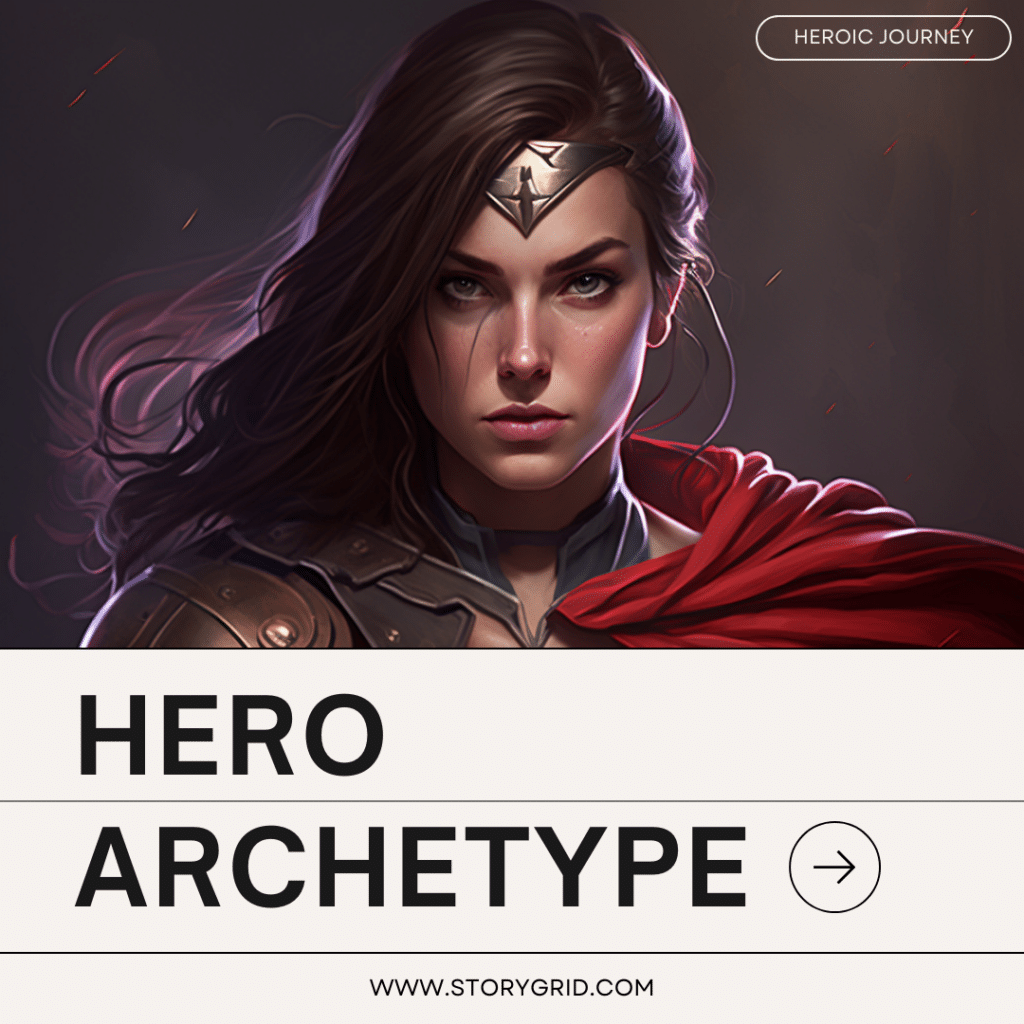
What is the Hero Archetype?
The hero archetype is a pattern of characteristics and behaviors commonly found in protagonists across cultures and stories. These heroes embark on a quest or journey, often facing trials and tribulations, to achieve a goal or overcome an obstacle. They often possess noble qualities such as courage, selflessness, and a desire to help others. They have a special skill or talent that sets them apart from others, and they use this skill to achieve their goals. The hero archetype is often associated with the monomyth, also known as the heroic journey, a storytelling structure that includes various stages the hero must go through to achieve their ultimate goal.
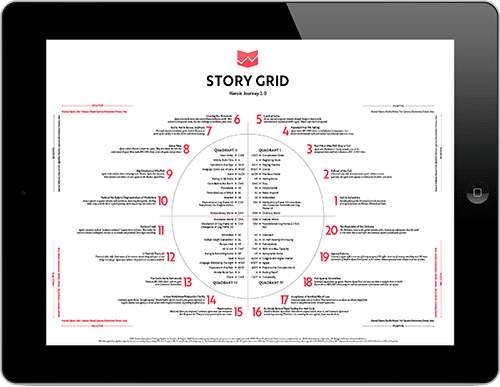
Are you writing a Heroic Journey story?
Download our highly detailed infographic outlining the 20 major scenes you must have in every story.
Ten Examples of the Hero Archetype in Stories
1. Harry Potter from J.K. Rowling’s Harry Potter series
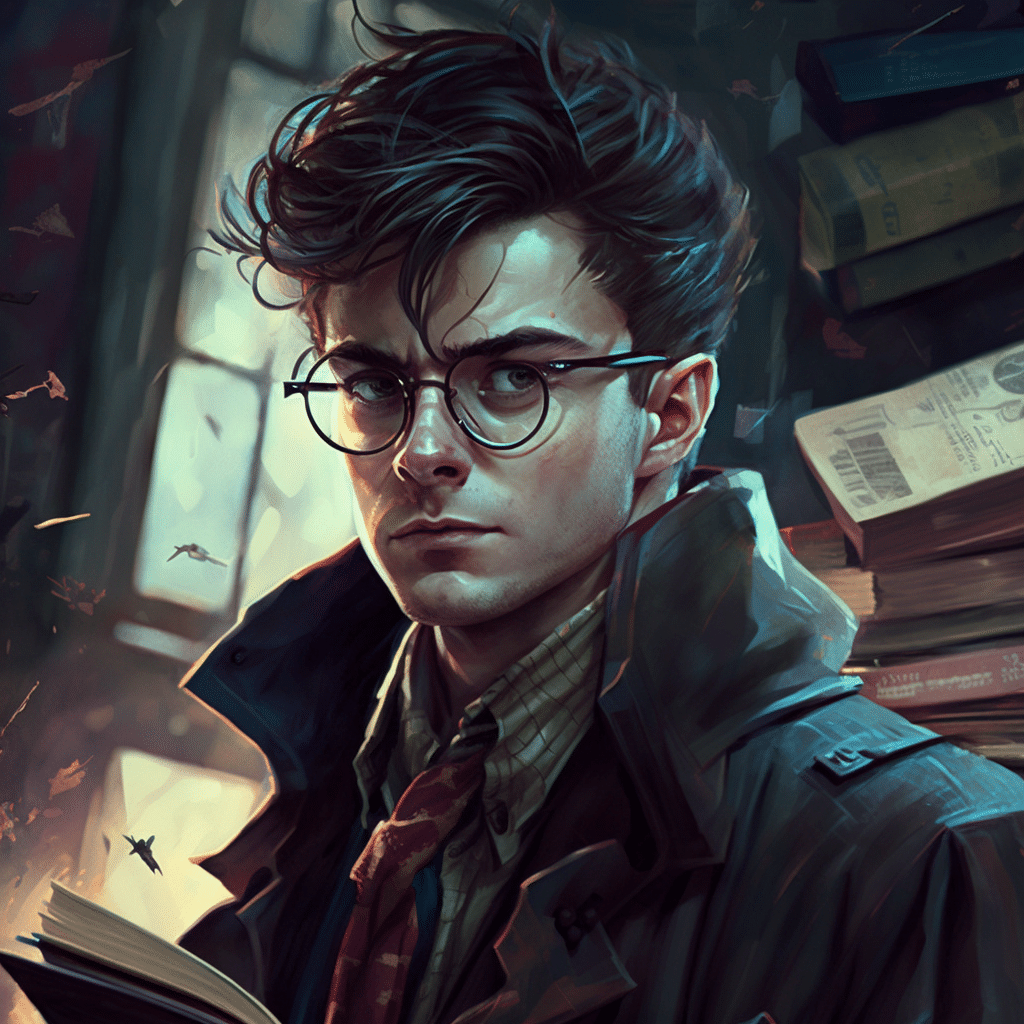
The Harry Potter series is a classic example of the hero archetype. Harry, the protagonist, is an orphan boy who discovers he is a wizard and embarks on a journey to defeat the evil Lord Voldemort. He possesses magical abilities that set him apart from others and is aided by friends who help him along the way. Harry faces numerous trials, including battling Voldemort’s followers and overcoming personal obstacles, but ultimately prevails in defeating the dark lord.
2. Katniss Everdeen in Suzanne Collin’s Hunger Games
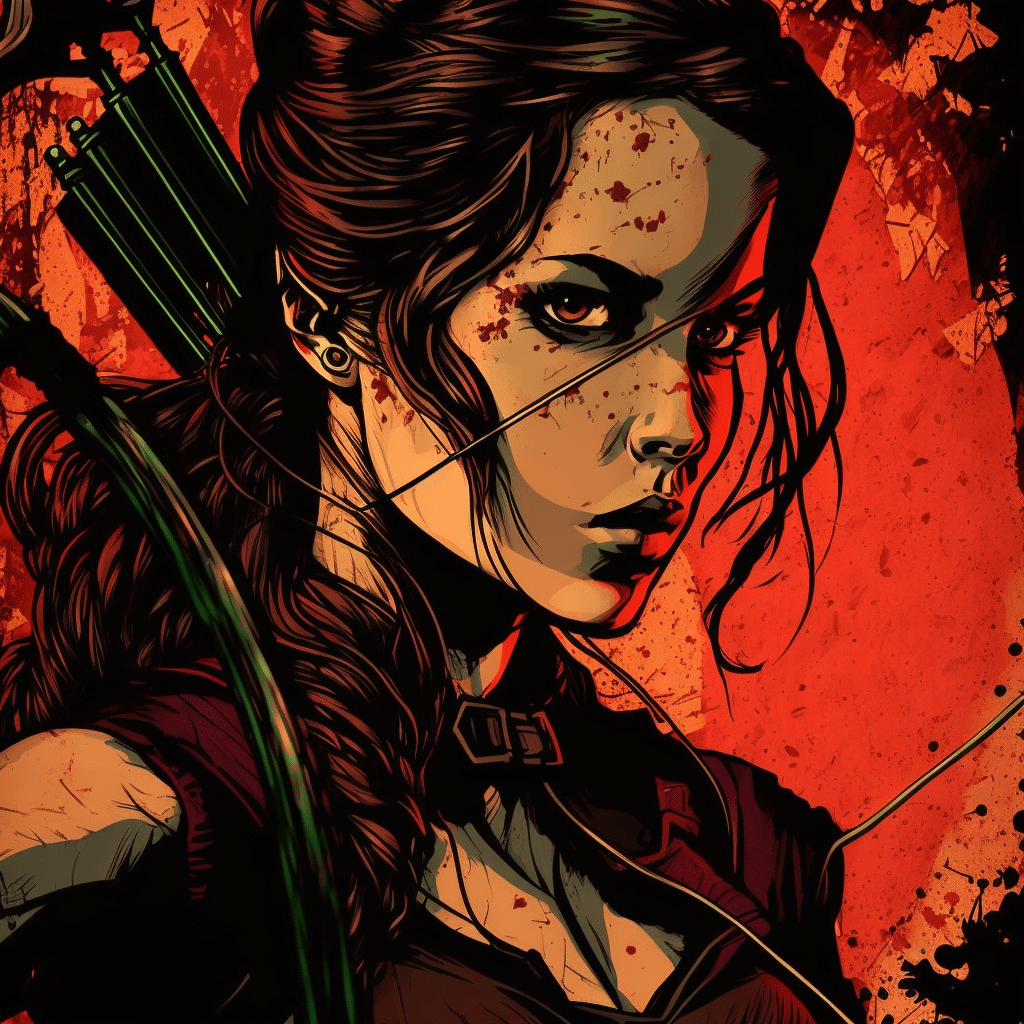
Suzanne Collins’ Hunger Games trilogy features Katniss Everdeen, a teenage girl who volunteers for the titular games to save her younger sister. Katniss is a skilled archer and survivor, using her wits and abilities to overcome the various obstacles she faces in the arena. She becomes a symbol of hope for the oppressed people of her world, leading a rebellion against the corrupt government and ultimately defeating them.
3. Luke Skywalker from Star Wars
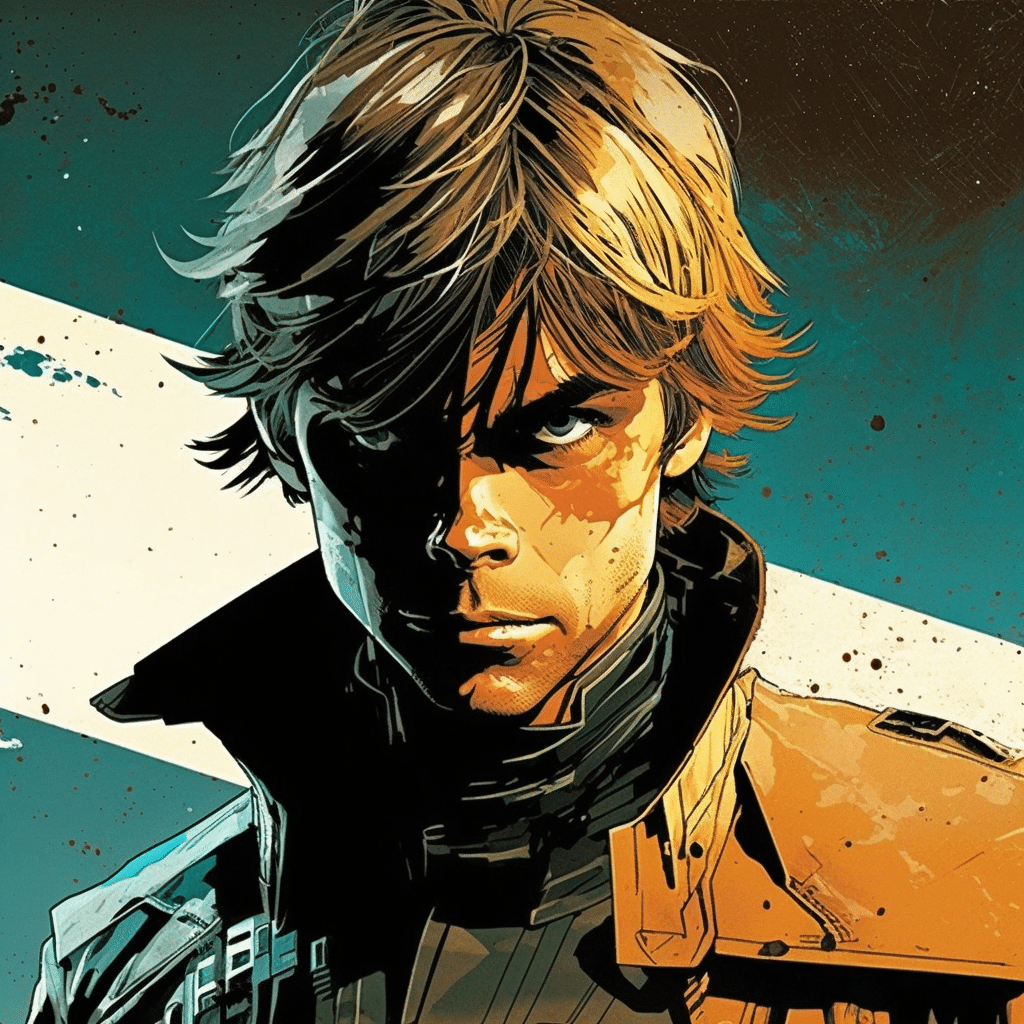
The Star Wars franchise features Luke Skywalker, a farm boy who discovers he is part of a noble lineage of Jedi knights. He is aided by his mentor, Obi-Wan Kenobi, and friends like Han Solo and Princess Leia as he battles the evil Empire. Luke overcomes various challenges, including defeating Darth Vader, to become a hero of the Rebellion.
4. Wonder Woman from DC Comics
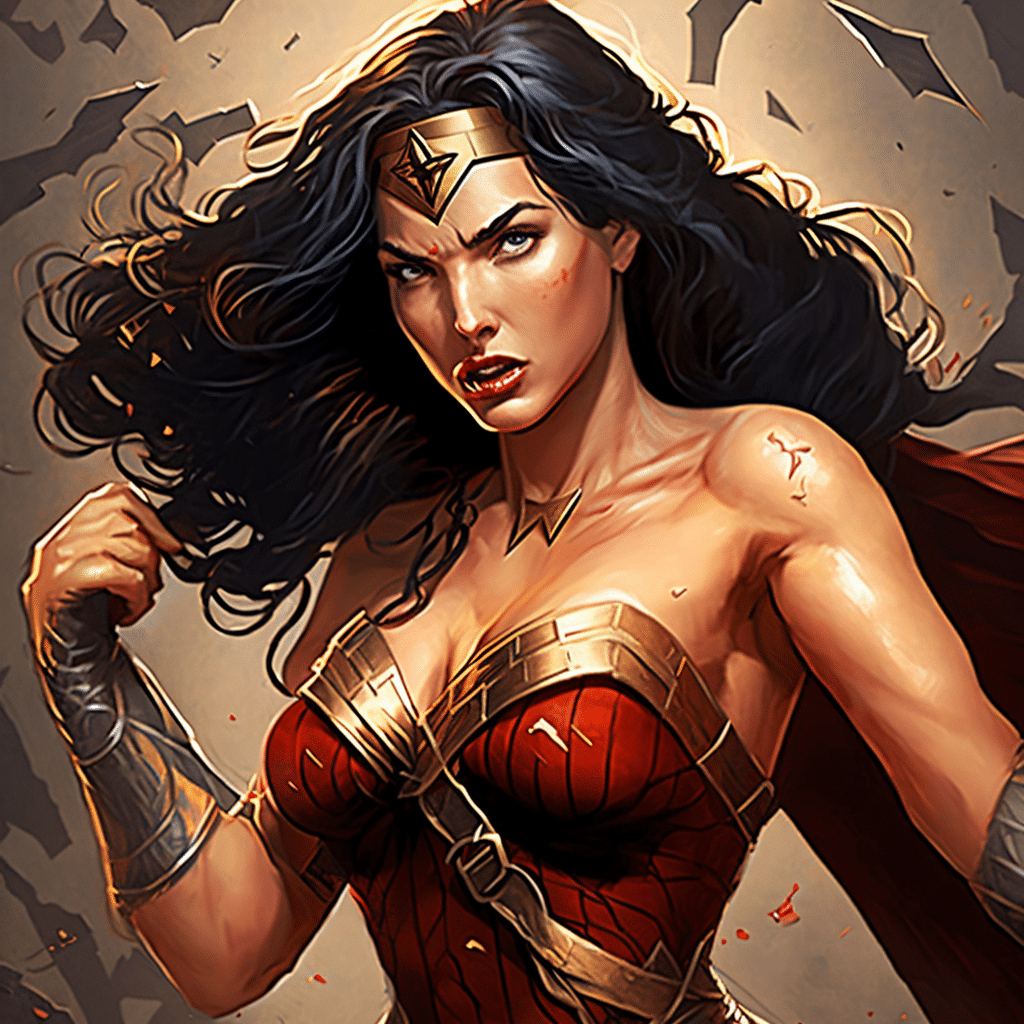
DC Comics’ Wonder Woman is a powerful superhero and Amazonian warrior princess. She possesses superhuman strength, agility, and combat skills and uses them to fight for justice and peace. She has faced many challenges and enemies over the years, including Ares, the God of War, but always emerges victorious, inspiring others with her courage and conviction.
5. Mulan from Disney’s Mulan

Disney’s Mulan is a young woman who disguises herself as a man to take her father’s place in the army. She possesses courage and fighting skills that allow her to excel in battle, ultimately saving China from invasion. Mulan also demonstrates compassion and selflessness, risking her life to save her fellow soldiers and becoming a beloved hero in her country.
6. Neo from The Matrix
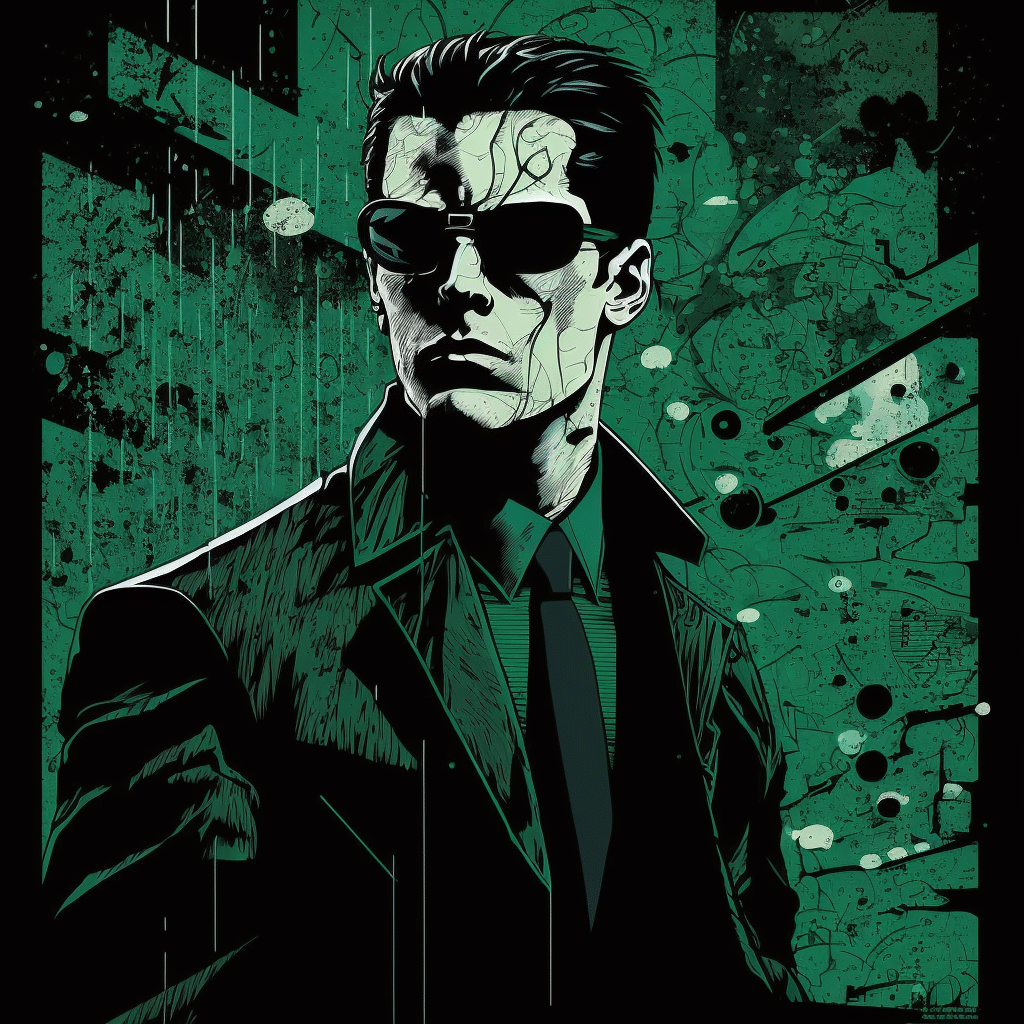
The Matrix features Neo, a computer programmer who discovers he is the prophesied savior of humanity. Neo possesses extraordinary abilities within the Matrix, such as superhuman strength and agility, which he uses to fight against the machines that control humanity. He is aided by allies like Morpheus and Trinity, and must overcome various challenges, including the Agents, to ultimately fulfill his destiny and bring about the end of the Matrix.
7. Odysseus from Homer’s The Odyssey
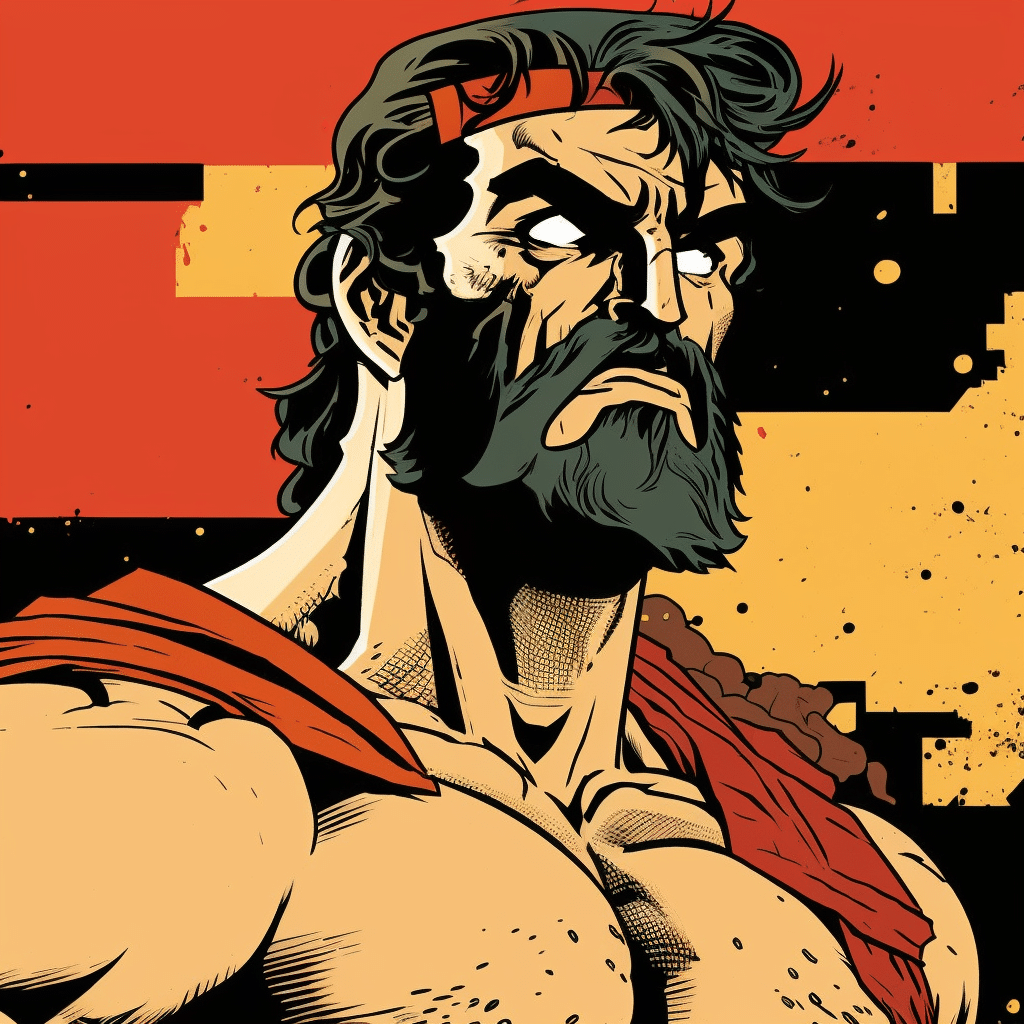
Odysseus is a Greek hero who embarks on a perilous journey home after the Trojan War. He faces numerous obstacles and challenges, including the wrath of the gods, treacherous sea creatures, and the temptation of pleasure and luxury. Despite these challenges, Odysseus persists, using his cunning intelligence, strength, and determination to ultimately triumph over his enemies and return home to his wife and kingdom. He embodies the qualities of a hero, such as courage, perseverance, and resourcefulness, and his journey serves as a timeless example of the hero’s journey.
8. Bilbo Baggins from J.R.R. Tolkien’s The Hobbit
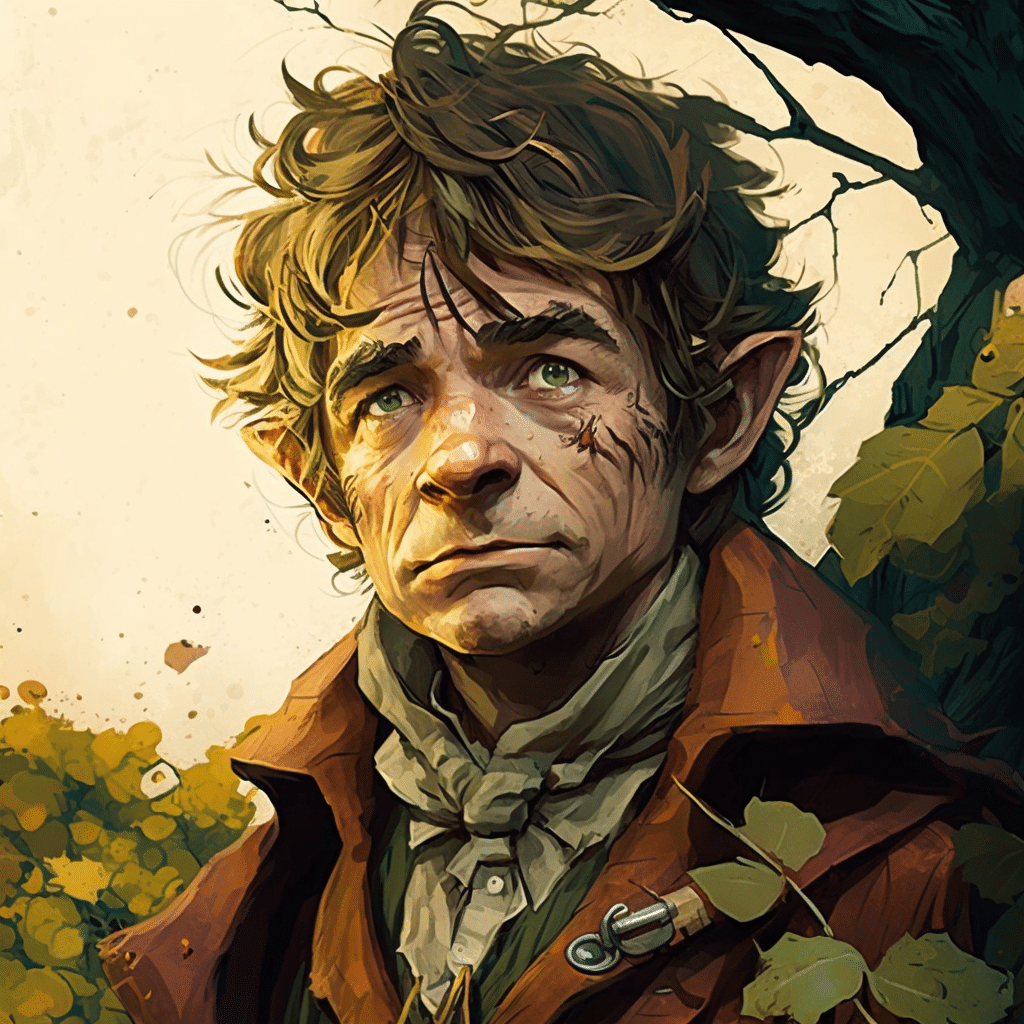
The Hobbit features Bilbo Baggins, a hobbit who is recruited by a group of dwarves to help them reclaim their lost treasure from the dragon Smaug. Bilbo possesses a sense of adventure and a cleverness that helps him navigate the various challenges he faces, including Gollum and the spiders of Mirkwood. He ultimately succeeds in his mission and returns home a changed and heroic figure.
9. Rocky Balboa from the Rocky franchise
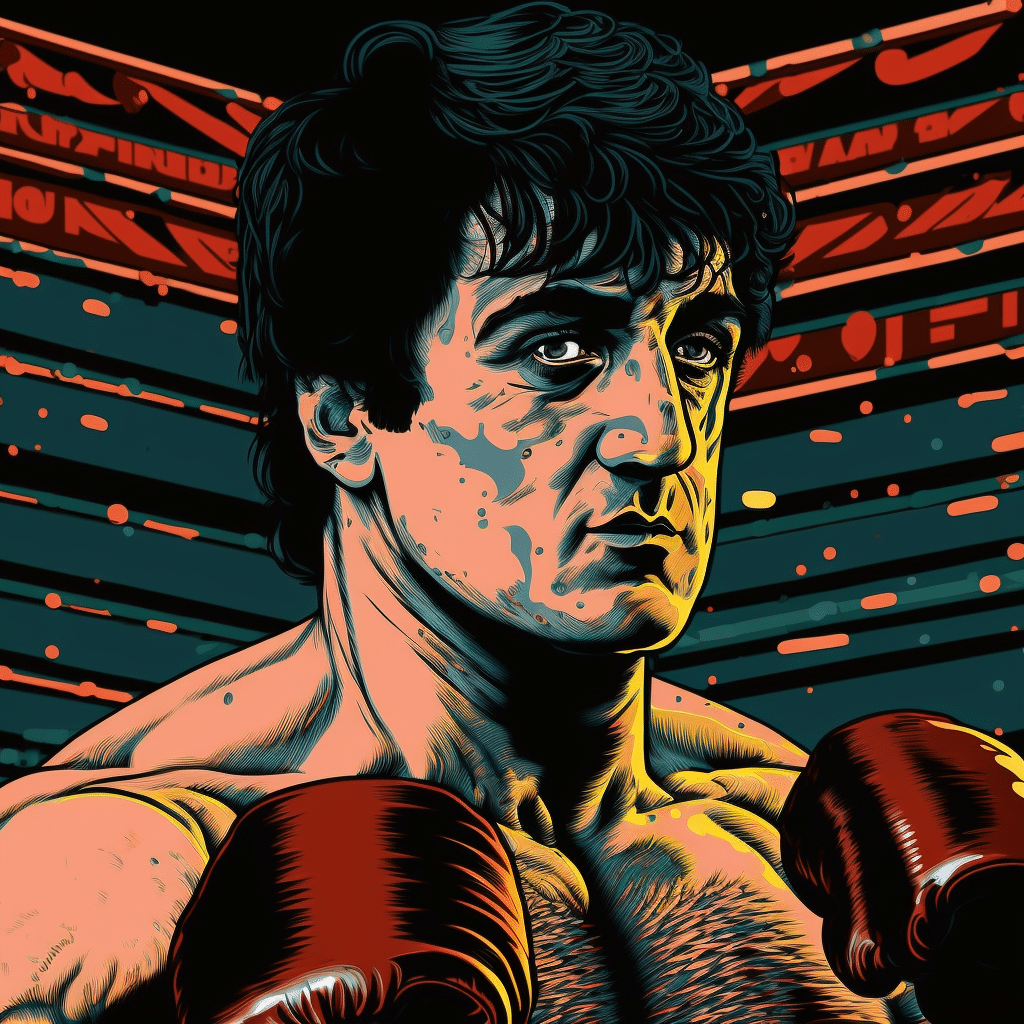
Rocky Balboa is a boxer who uses his determination and fighting skills to overcome obstacles and become a champion. He is aided by his mentor, Mickey, and his wife, Adrian, and ultimately becomes a symbol of perseverance and success.
10. Buffy Summers from Buffy the Vampire Slayer
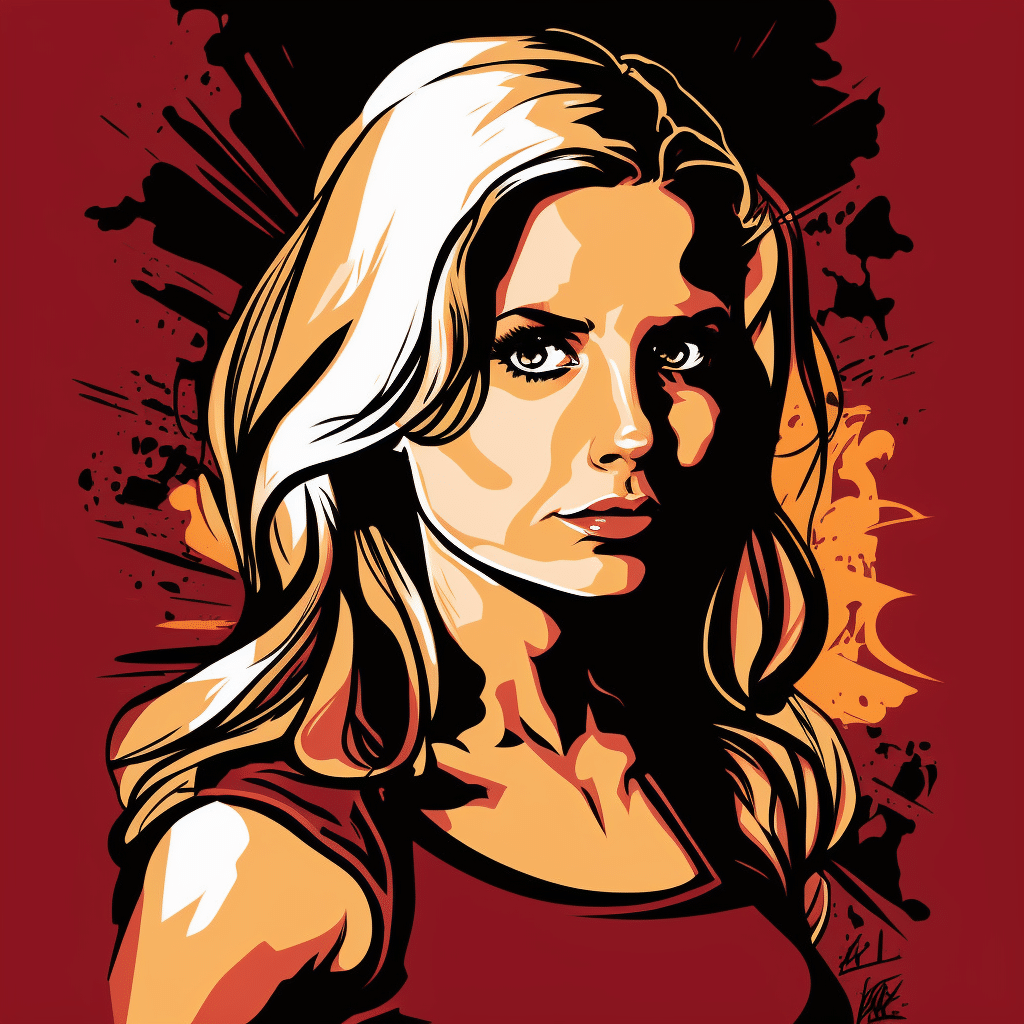
Buffy Summers fights against supernatural forces to protect the world. She possesses exceptional abilities that set her apart from others, including physical strength and combat skills, but also has flaws and weaknesses that make her relatable and human. Buffy faces numerous challenges and obstacles throughout her journey, often aided by mentors and allies, and undergoes a transformation from a reluctant hero to a confident and capable warrior.
How to Use the Hero Archetype in Your Writing
Incorporating the hero archetype into your writing can help create a compelling and relatable protagonist that resonates with readers. Here are some tips on how to use the hero archetype effectively:
- Give your hero a goal: The hero archetype is often associated with a quest or journey. Giving your protagonist a clear goal, such as defeating a villain or saving a loved one, can provide a sense of direction and purpose to the story.
- Develop the hero’s strengths and weaknesses: A hero should possess qualities that set them apart from others, such as bravery or intelligence. However, they should also have flaws and weaknesses that make them relatable and human.
- Create obstacles for the hero to overcome: The hero archetype is often associated with facing challenges and obstacles on their journey. These obstacles should be difficult and provide a sense of tension and conflict in the story.
- Provide a mentor or allies for the hero: The hero should not be alone on their journey. Providing a mentor or allies for the hero can offer support and guidance, and provide an opportunity for character development and growth.
- Show the hero’s transformation: The hero should undergo a transformation throughout the story, whether it be in their beliefs or actions. This transformation should be a result of the challenges they face and the lessons they learn along the way.
Final Word on the Hero Archetype
The hero archetype is a powerful tool in storytelling, providing a relatable and compelling protagonist that resonates with readers. By understanding and utilizing the hero archetype, writers can create memorable and engaging stories that captivate audiences worldwide. Whether it be through the magical world of Harry Potter or the epic adventure of Star Wars, the hero archetype continues to inspire and captivate audiences with its timeless themes of courage, selflessness, and the triumph of good over evil.
More Heroic Journey Resources